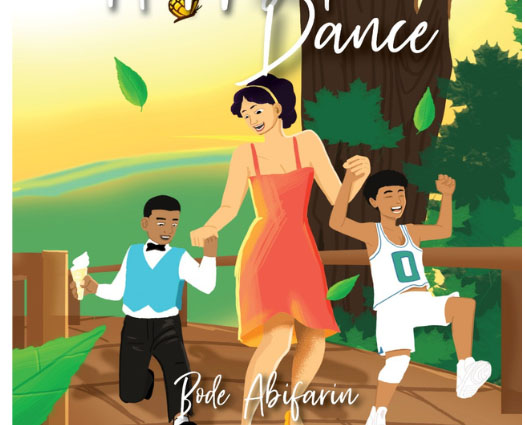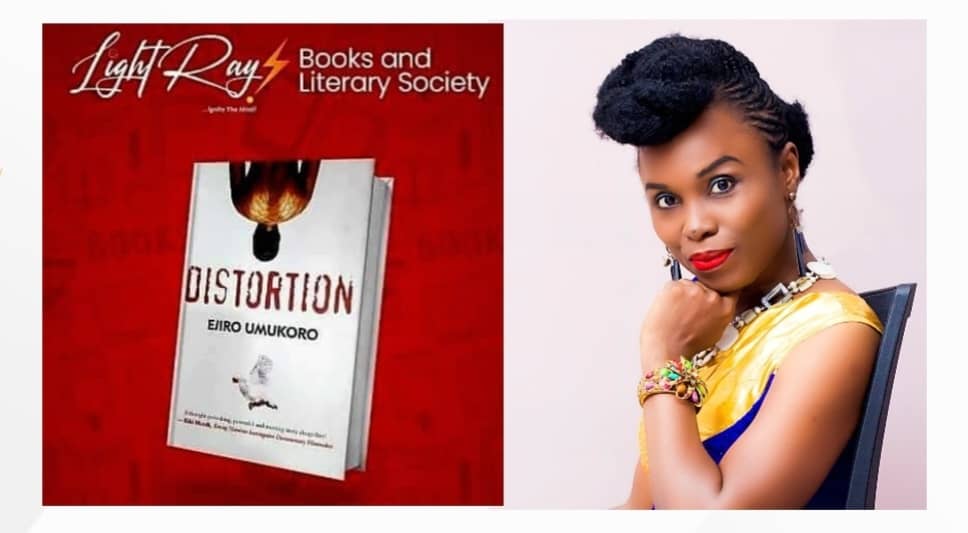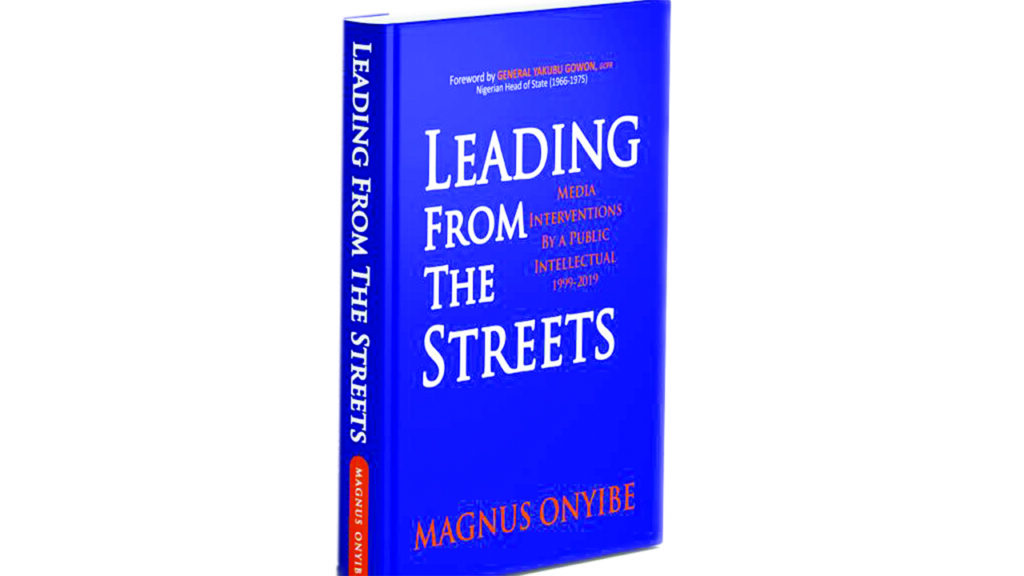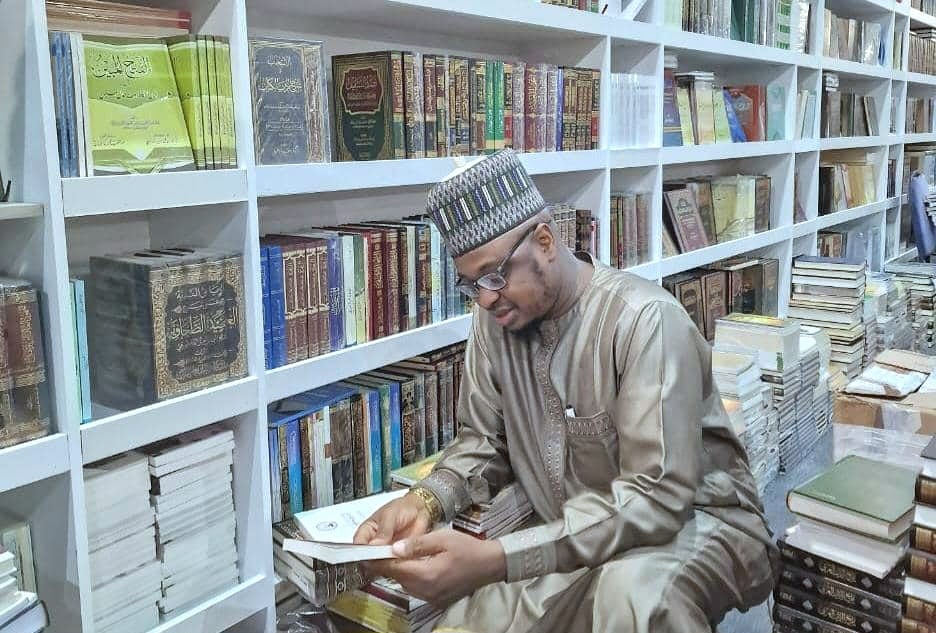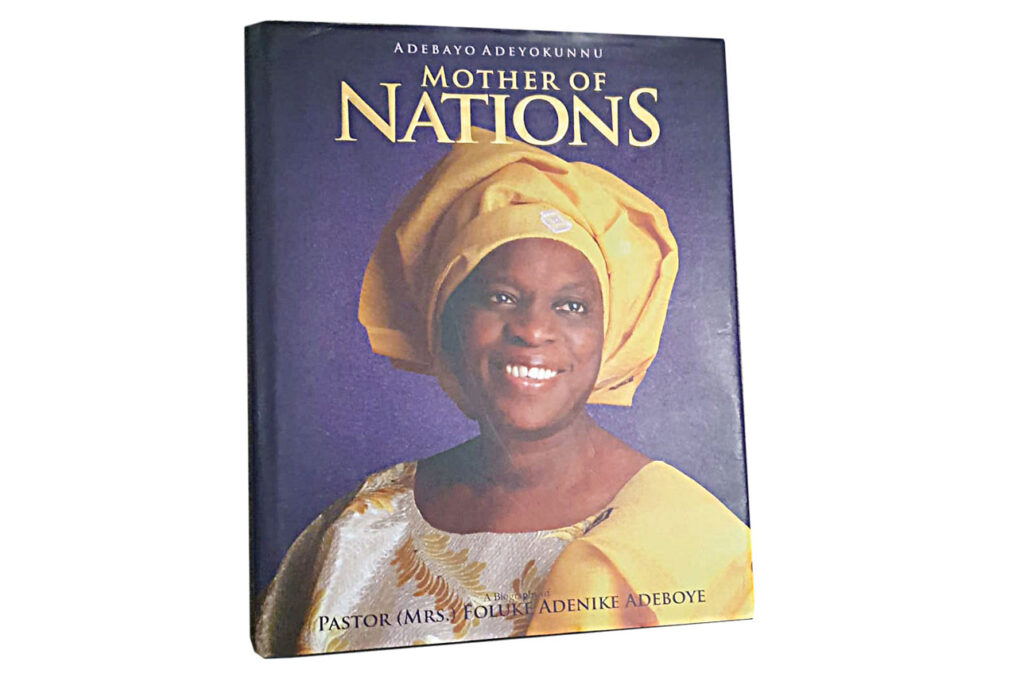
It is not every time you get rapturous moments from book reading. The recent book party by leading foreign cultural centre in Nigeria, Goethe Institut, on May 27, coincidentally, Nigeria’s Children’s Day, was an immersive experience that would not be forgotten in a hurry, as guests were bathed in good music and poetry. The drum ensemble, led by Ayantunde, provided cathartic equivocation of visual and audial performance of literature.
It was a fun-filled afternoon with intellectual and creative stimulation. In fact, the book party, in passing, made an arresting remark of what needed to be done to keep book alive.
From the entertaining and illuminating works, suffused with interconnecting themes, it was kaleidoscopic of intense humanity, brilliance and concourse of themes.
Held at the Institut’s home on Anifowoshe Street, Victoria Island, Lagos, the event aimed at being a major contribution to development of literature in the country, as well as, keep the arts alive.
The headline programme was the launch of If An Eagle Cannot See by John Pascal Anakwe, a poetry collection that explores socio-economic and political realities of contemporary Nigeria from the writer’s perspective.
As part of the launch, the work was brought alive dramatically in a performance by a group of professional voice actors, set to a background of ambient music.
Other works performed include: Kome Otobo’s Nigerian Gods, which detailed the rich diversity of divinity across Nigerian ethnic groups and Who’s Who in the Yorùbá Pantheon by Peju Akande, Toni Kan and Jahman Anikulapo, which showcased the mythologies and worlds of Orisa.
There were also performances of The Women in the Mirror by Achalugo Chioma Ilozumba, which dwelt on the family and process of reconciliation; It’s Not About The Burqa, an edited anthology by Mariam Khan, comprising essays by Muslim women seeking to challenge stereotypes about their identity; People live here by TJ Benson, which looked at the life-changing circumstances of a 25-year-old single mother on a quest to raise her son in the post-Petrol Motor Spririt (PMS) subsidy removal crises of January 2012 in Nigeria and L’Otor – The Devil’s Pilgrimage by Jude Idada about a dramatic and cathartic reunion between a mother and son in Benin, Nigeria, following a harrowing 10-year road trip to Spain.
The book discussions after each performance, both as a collective and privately, deepened the soiree, as the celebrated authors told their stories and reasons for their works.
For Anakwe, the day-to-day socio-economic conditions of the country that are not encouraging such as EndSARS, injustice and Sit-at-home led to the book.
According to him, “political realities are discomforting. That’s why I write them to teach people, especially our leaders, to know that things they are doing are not good.
“I want them to know the effects of corruption and other evils such as vote buying, voter intimidation and all… Nigerian youths are no longer comfortable with their leaders,” Anakwe said.
Also speaking, Jahman Anikulapo, one of the authors of Who’s Who in the Yorùbá Pantheon, said his experience with the book revealed the need for an understanding of authentic Yoruba, as against the diluted one, which many engage in daily conversation.
To him, the book is more of a cultural renaissance and this creates the need for Africans to identify with their culture and go deep into understanding of their being.He said: “We have a lot to do.”
While saying English is a limited language for oral literature, he noted that “it is flat and cannot carry the deep meaning expressed in indigenous language.”
The party was inflamed by a discussion of Japa, a new lexicon in Nigeria, which is a product of economic dislocation.
An elegiac memorial to Japa, as a cliche in Nigeria, is Idada’s L’Otor – The Devil’s Pilgrimage.
Arguably gripping, it interrogates the anxious, melancholic mood of Nigerian youths and shifts the centre of gravity to Europe, where a large number are migrating to.
Even as a teenager, Idada already conceived life as an emigre. He knew how the poetry of Japa sounded. The rhythm and rhyme of an emigre. He envied the verse bestowed on him by passion. But his experience was more of pains and sorrows coated in irony.
“The story is mine, but the woman is not my mother. That’s my aunty. I had already thought of Japa in 2001,” said Idada, but “it is really amazing to visualise strongly, the written text.”
L’Otor – The Devil’s Pilgrimage, a dystopian work, in fact, predicts a black tomorrow for the youth and the gods, whose influence is on the wane as pointed out in Femi Osofisan’s No More The Wasted Breed.
Commending the book party, Principal, Corona Secondary School, Agbara, Dr (Mrs.) Chinedum Oluwadamilola, said: “It is a good programme, as it brings books alive.”
According to the school principal, the book is one way to promote reading in a relaxed atmosphere. You could hear the dialogues being read line-by-line.”
Lamenting the disappearance of public libraries, she urged government to enact laws empowering communities to have their libraries.
Aside from bookshops, libraries and reading rooms, guests also raised need to promote indigenous languages and make people read.



